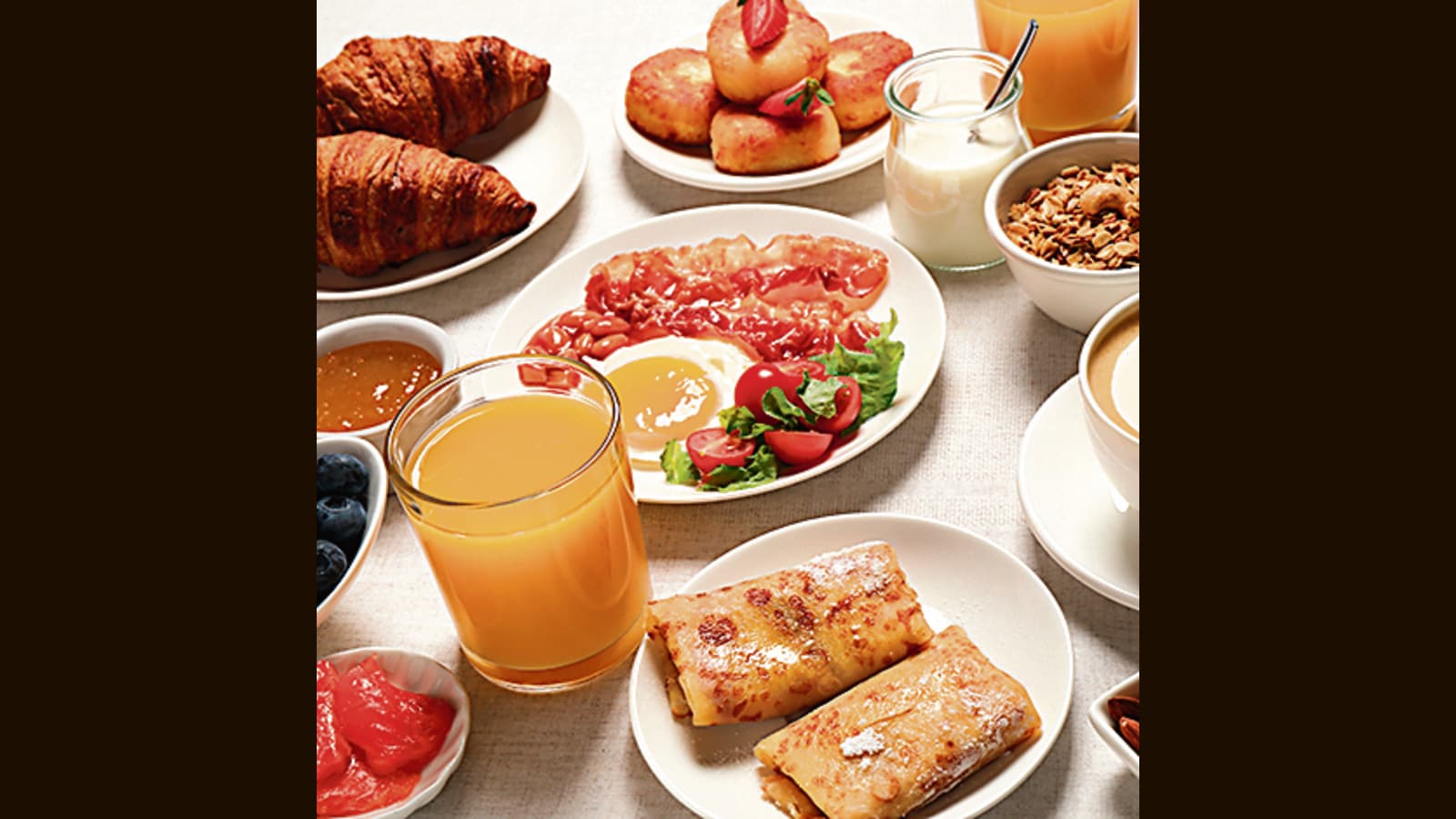Why is it that lunch and dinner must vary, but breakfast can be more or less the same every day?
A paper published in the journal Appetite this month, by researchers Romain Cadario of Erasmus University Rotterdam and Carey K Morewedge of Boston University, examined food diaries kept by 4,000 people across the US and France, and discovered that 68% ate the same breakfast foods at least twice a week (a repetition rate of about 29%), but dinner was repeated only about 9% of the time.
The reason, their research suggests, has to do with the goals associated with each meal of the day. The goals humans set around eating tend to fall into one of two categories: utilitarian (practical) or hedonic (pleasure-seeking).
Logic would dictate that, since mornings are a rushed time and a crucial planning phase for the day, breakfast becomes utilitarian by default. Modern work practices mean most people also have less time for this meal. Keeping it uniform, then, becomes an efficient way to spend the least time possible on it.
The research by Morewedge and Cadario, however, suggests that things might just be the other way around. “The different goals we pursue in our meals are not due to the different amounts of time available to prepare and eat our meals. If anything, we find that how much time we spend eating meals seems to be determined by the goals we pursue, not the other way around,” the paper states.
Where do these goals come from then? The findings suggest that part of the answer is biological, and part cultural. Biologically, we are more stimulated in the morning, and this may reduce our need for elaborate meals. At night, conversely, we are less stimulated and require external reinforcements.
The cultural factors would include habits formed in childhood, and elements such as advertising. Most advertising reinforces the idea that breakfasts are rushed, and should be energy-packed but healthy (even if the packaged foods sold as breakfasts typically aren’t); while dinners, for instance, are advertised as leisurely and often-social events that ought to be relatively indulgent.
The good news is that this information can be used to help oneself eat more healthily.
Just as hedonic goals can potentially make one choose indulgent foods for dinner, an individual (once they understand the patterns leading them to choose) can use utilitarian goals to choose healthier foods for breakfast, Morewedge and Cadario suggest in their paper.
Make an efficient and rewarding breakfast out of healthy foods that one might be less likely to choose for dinner, such as kale or spinach. Repeat that breakfast often enough, and the healthy meal becomes a habit; one that is far more likely to stick than a habit of kale or spinach for lunch.
This also means one can indulge a little at dinner, with a clear conscience. In fact, the researchers say, if one uses breakfast right, indulging a little at dinner is recommended. It adds the kind of variety that could make healthy breakfasts even more sustainable.
Stay connected with us on social media platform for instant update click here to join our Twitter, & Facebook
We are now on Telegram. Click here to join our channel (@TechiUpdate) and stay updated with the latest Technology headlines.
For all the latest Art-Culture News Click Here

